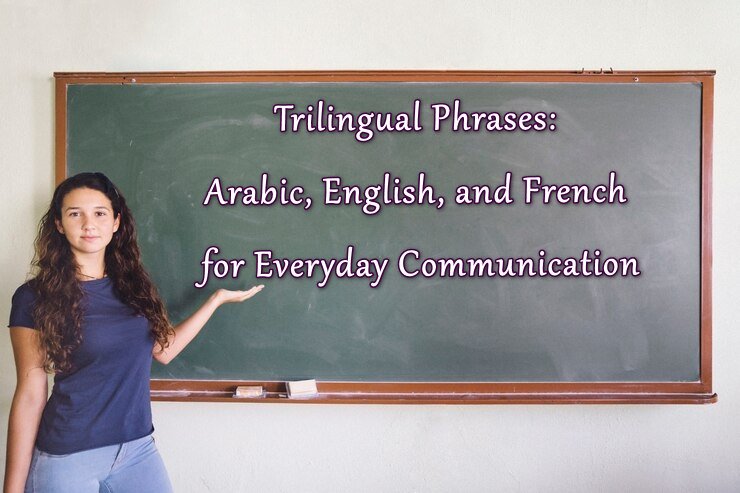
Grammar can be a challenging aspect of language learning, and two concepts that often cause confusion are gerunds and infinitives. Gerunds and infinitives are both verb forms that can function as nouns, but they have different structures and uses. In this article, we will explore the difference between gerunds and infinitives with examples.
Gerunds are verb forms that end in -ing and function as nouns in a sentence. They are created by adding -ing to the base form of the verb. Gerunds can act as subjects, objects, or complements in a sentence. Here are some examples of gerunds used in sentences:
- Swimming is my favorite hobby.
- I enjoy reading novels.
- His constant talking annoys me.
In these examples, “swimming,” “reading,” and “talking” are all gerunds. They act as the subjects of the sentences in the first two examples and as the object of the verb “annoys” in the third example.
Infinitives, on the other hand, are verb forms that are preceded by “to” and function as nouns, adjectives, or adverbs in a sentence. Infinitives are often used to express purpose, intention, obligation, or ability. Here are some examples of infinitives used in sentences:
- I want to travel the world.
- She is too tired to study.
- He needs to eat something.
In these examples, “to travel,” “to study,” and “to eat” are infinitives. They act as the object of the verb “want” in the first example, as an adjective modifying “tired” in the second example, and as the object of the verb “needs” in the third example.
There are some verbs that can be followed by either a gerund or an infinitive, depending on the context and meaning of the sentence. These verbs include “like,” “love,” “hate,” “enjoy,” “begin,” “start,” “try,” and “remember.” Here are some examples:
- I like swimming in the ocean. (gerund)
- I like to swim in the ocean. (infinitive)
- She started crying when she heard the news. (gerund)
- She started to cry when she heard the news. (infinitive)
- He tried calling her, but she didn’t answer. (gerund)
- He tried to call her, but she didn’t answer. (infinitive)
In these examples, the choice between a gerund and an infinitive changes the meaning of the sentence slightly.
In conclusion, gerunds and infinitives are verb forms that can function as nouns in a sentence. Gerunds end in -ing and are used as subjects, objects, or complements, while infinitives are preceded by “to” and are used as nouns, adjectives, or adverbs. Some verbs can be followed by either a gerund or an infinitive, depending on the context and meaning of the sentence. Understanding the difference between gerunds and infinitives is important for accurate and effective communication in English.




















